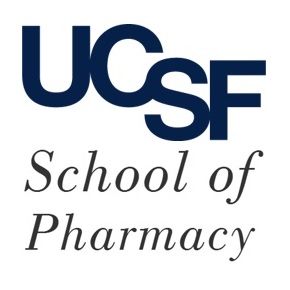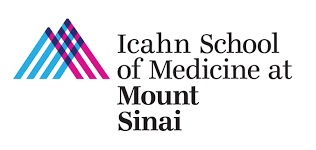Submitted by ja607 on
| Title | Negative selection in humans and fruit flies involves synergistic epistasis. |
| Publication Type | Journal Article |
| Year of Publication | 2017 |
| Authors | Sohail, M, Vakhrusheva, OA, Sul, JHoon, Pulit, SL, Francioli, LC, van den Berg, LH, Veldink, JH, de Bakker, PIW, Bazykin, GA, Kondrashov, AS, Sunyaev, SR |
| Corporate Authors | Genome of the Netherlands Consortium, Alzheimer’s Disease Neuroimaging Initiative |
| Journal | Science |
| Volume | 356 |
| Issue | 6337 |
| Pagination | 539-542 |
| Date Published | 2017 May 05 |
| ISSN | 1095-9203 |
| Keywords | Alleles, Animals, Drosophila melanogaster, Epistasis, Genetic, Genetic Fitness, Genome, Human, Genome, Insect, Humans, Linkage Disequilibrium, Mutation Rate, Mutation, Missense, Selection, Genetic |
| Abstract | Negative selection against deleterious alleles produced by mutation influences within-population variation as the most pervasive form of natural selection. However, it is not known whether deleterious alleles affect fitness independently, so that cumulative fitness loss depends exponentially on the number of deleterious alleles, or synergistically, so that each additional deleterious allele results in a larger decrease in relative fitness. Negative selection with synergistic epistasis should produce negative linkage disequilibrium between deleterious alleles and, therefore, an underdispersed distribution of the number of deleterious alleles in the genome. Indeed, we detected underdispersion of the number of rare loss-of-function alleles in eight independent data sets from human and fly populations. Thus, selection against rare protein-disrupting alleles is characterized by synergistic epistasis, which may explain how human and fly populations persist despite high genomic mutation rates. |
| DOI | 10.1126/science.aah5238 |
| Alternate Journal | Science |
| PubMed ID | 28473589 |
| PubMed Central ID | PMC6200135 |
| Grant List | R01 GM078598 / GM / NIGMS NIH HHS / United States R01 GM105857 / GM / NIGMS NIH HHS / United States R01 MH101244 / MH / NIMH NIH HHS / United States U01 HG009088 / HG / NHGRI NIH HHS / United States |





